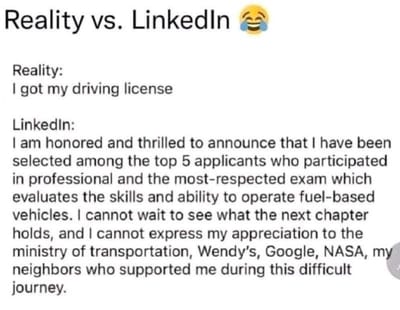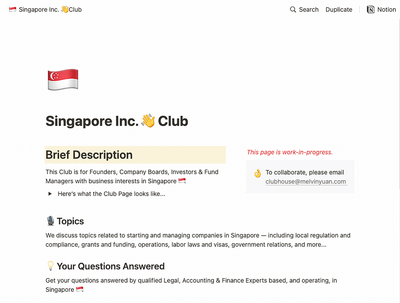What happens when ‘a good guy’ uses words that suggest violent action?
Joseph Schooling — an emerging hero to many Singaporeans — recently defended his nanny from criticisms.
In a video interview posted on YouTube, he (Joseph Schooling) said “I think whoever said that [the criticism] should be shot……”
I am not interested in forming an opinion about the criticism, or about his defence; or about his character.
I’m also not interested in discussing benefit of doubt; or guessing if he was literal or figurative. It’s easy to dismiss his comment as figurative because ‘he’s a good guy’.
In fact, he’s not just ‘a good guy’. He’s pretty much the hero. And any hint of an attack on his character is plain stupid.
I’m bringing this up because I’m intrigued by how words that suggest violent action are entering public discourse — introduced by influential people.
When uttered by someone like Donald Trump — who has sufficiently proven evil intentions; words like “….should be shot….” are strongly opposed.
What happens when a hero-of-the-day uses those exact same words?
It’s easy to give the good guy the benefit of doubt; or to dismiss his words by disassociating (any) actual intent.
In fact, we want to defend the hero — as he suggests shooting the ‘villain’.
If a matter is sufficiently provocative, we imagine his words to be literal and concur. If a matter is not provocative enough, we dismiss those same words as a figurative expression. All is ok.
But still… words that suggest violent actions are entering public discourse in worrying ways.
Comment found at the 2:12 mark: “”I think whoever said that should be shot. That’s stupid. That really pissed me off. That’s not true at all.”


